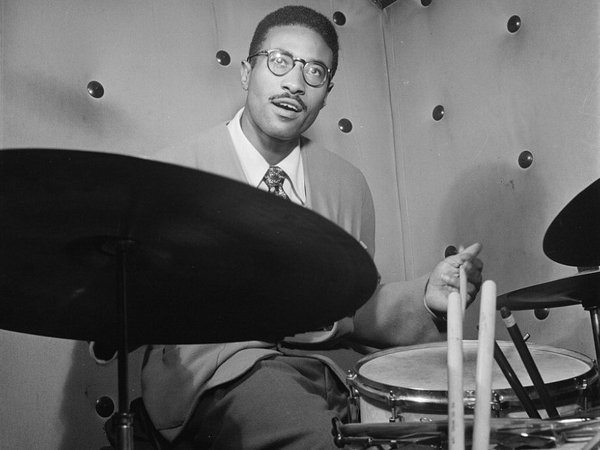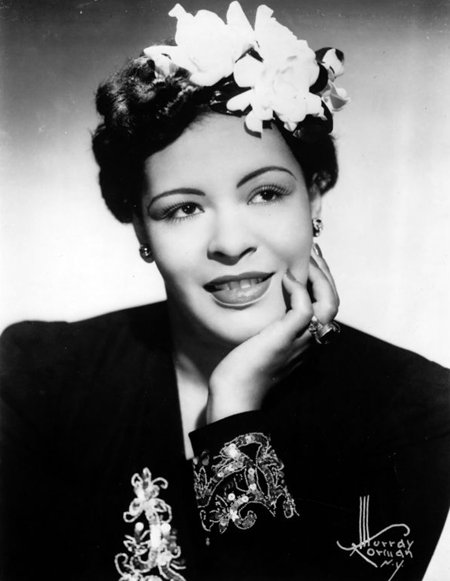Duke Ellington (piano), Charles Mingus (doble bass) and Max Roach (drums). From the album Money Jungle (1963).
Duke Ellington created a long list of masterpieces under a busy schedule with a deadline. “Solitude” is an example of this. Ellington was in a recording session and had a track missing, so he had to write it in twenty minutes. He almost always had it in his repertoire and interpreted and recorded it solo, in trio and in instrumental and vocal versions. This theme adapts better to vocal performance than many of his other melodies, with its keyboard-inspired jumps and turns and its poetic lyrics.

Max Roach
Billie Holiday recorded it several times in the 1940s and 1950s, and the song proved to be an effective vehicle for her, especially at the end of her career. But it was also played by high-level instrumentalists in the mid-1950s. On the theme that we are going to hear below, Ellington presents a risky version. Today, “Solitude” serves as a respectful tribute that captures more the sound than the spirit of this forward-thinking jazz pioneer.

Billie Holiday
The theme is played by Ellington alone in a different way than what he usually did, giving it a special treatment, and then he starts to make sometimes abrupt variations on the melody. Then his speech varies until Mingus and Roach join in while Ellington continues to transform the theme in a penetrating way adding all kinds of ornaments and intrepid phrases until he ends up playing a short final passage.
